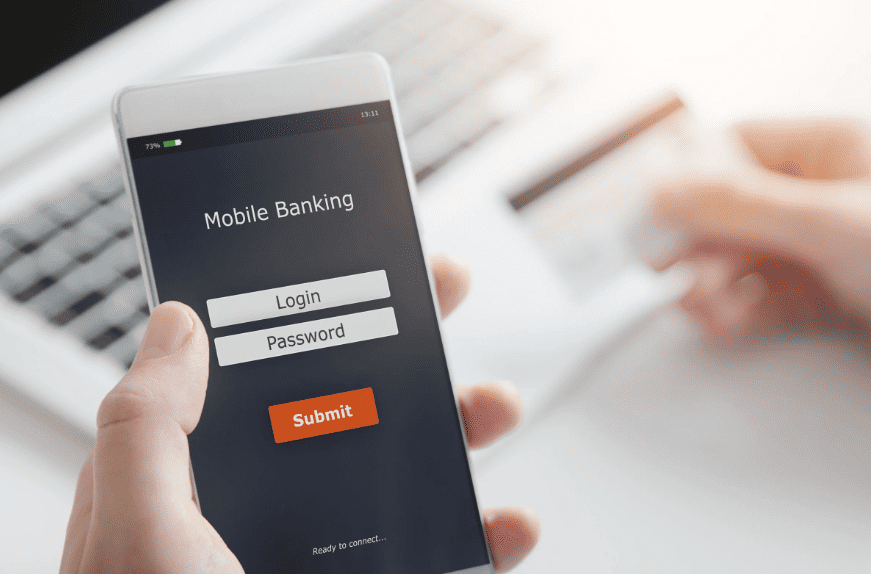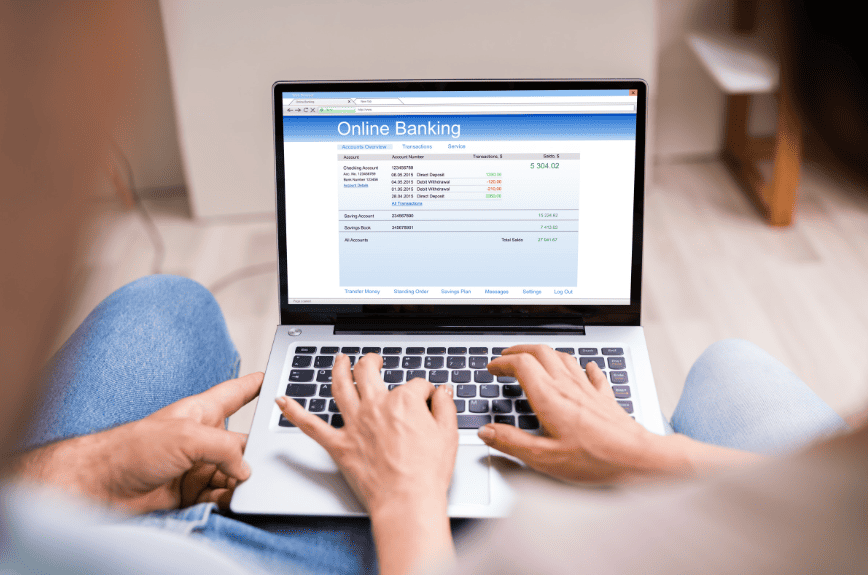Do you own a business? If yes, you need a proper, dedicated business banking account. Unfortunately, many new entrepreneurs and business owners don’t open them and are not aware of this specific bank account type.
Table of Contents
The main reason that most new entrepreneurs and business owners don't open business banking accounts for themselves it's because they have no idea that they are even necessary.
The benefits of business banking accounts are lost on most people. If you have taken some time to educate yourself about them, you are likely here on this post because you have decided that now is the time to open one for yourself.
Before you can open a business account, you need to spend some time thinking about account types. There are many different types of business banking accounts. If you do not choose the one that is right for you, you won't derive much benefit from opening it.
No matter which banks you go to, they are going to tell you that their bank accounts are right for you. You need to read a completely unbiased guide designed to help you find the perfect business banking account.
Fortunately, you’re in the right place, as this post plans to offer six tips that you can use to pick a proper account for your business.

Benefits of Business Bank Accounts
It’s easier to organize your finances.
When you have a business bank account, you don’t have to worry about financial management ever again. Your account will simplify managing your money and help you to keep better track of it, making filing tax returns significantly easier.
Dedicated business tools.
Business bank accounts give you access to dedicated, specialist business tools that can’t be found elsewhere. If you’re planning on investing in such an account, spend some time performing research beforehand so that you can understand how to use the tools that are going to come with it.
Designed for business use.
Another advantage of business bank accounts is that they are designed entirely for use by business owners. This means that awkward administrative blocks and procedures present in normal bank accounts are not so in business bank accounts.
Financial protection.
Business bank accounts confer certain financial protections and as mentioned above, make filing taxes much easier for business owners. The process of filing taxes can be very complicated, which is why having a business bank account is a great idea.
Appear more professional.
Business bank accounts make you look a lot more professional. If you have to give money to somebody (or receive it), supplying personal account details can make you look disorganized and unprofessional, ruining your image. A business bank account will look much better.
Building your credit rating.
Most people only think about their personal credit scores. However, if you want a business loan, you’ll need a good business credit rating. You can build one by opening a business account and using it as often as you can. You’ll also build trust with your bank by doing this.
Tips on Choosing the Right Bank Account Type:
1. Considering Tools
As mentioned above, many business accounts come with tools that can be used to automate certain business banking functions. In an article in which the authors have compared Novo and Bluevine accounts, a lot of attention is given to tools.
This is because business banking tools can make your life as a business owner much, much easier. A good way to find out about the tools offered by a specific account is to read information on the host bank’s website.
When you are turning to bank websites to find information, make sure that you ask questions about anything that you were confused about. Business banking can be very confusing and very difficult for people to master.
The best place to turn to in search of advice and guidance is the bank you're planning on opening an account with. Their customer support staff should be able to answer any queries or concerns you have until you know everything you need to know about your chosen account and the tools that come with it.
2. Think About Overdraft
The next thing you need to think about if you're planning on opening a business bank account is your overdraft. The larger your overdraft is, the more money you'll be able to spend when you are short on it yourself.
When you go into your overdraft, you are essentially borrowing money from the bank. Some banks charge fees when account holders go into their overdrafts. It is best to try and find a bank that does not charge fees.
If you are looking for an account with a bank that does not charge overdraft fees, the best way to find this is to conduct a thorough Internet search. You can do this by using one of the main search engines, such as Google or Bing.
Make sure that when you are looking for bank accounts with overdrafts, you have good credit. If you do not have good credit, you are not going to be able to get a bank account with a sizable overdraft.
3. Transaction Limits
If you are looking for a business bank account, you need to make sure that you think about transaction limits. For security purposes, some banks limit the amount of money that their customers can send or spend.
If you open an account with a very low limit, this could negatively impact business product supply. This is because you could be limited in how much you could buy from your supplier.
Banks that do impose limits on their customers can often be negotiated with and limits can be raised after accounts have been opened for a period. In truth though, it is best to try and avoid banks with low transaction limits altogether.
Such banks can be very difficult to work with and can make business management extremely challenging. To find out what your chosen bank's transaction limit is, get in touch with their customer support team.
4. Bank Security
Bank security is another important consideration that you need to make when you're planning on opening an account for your business. You need to make sure that you open a bank account with a company that has robust security and defenses.
This is because fraud has never been more prevalent on the Internet than it is today. The chances are that you will be doing a lot of business online. Consumers very rarely turn to high streets or town centers when they are looking for services or products anymore; the vast majority of them turn straight to the Internet.
Because of this, you are at a heightened risk of being targeted and attacked by cybercriminals. If the bank account that you hold is vulnerable, cybercriminals are going to make a real effort to hack you.
If you are interested in learning more about your chosen bank’s defenses, get in touch with their customer support or fraud team and ask them to explain what processes and blocks they have in place to prevent hackers from taking advantage of their customers.
5. Online Support
Online banking support is a necessity if you're planning on opening your business account. This is because getting in touch via the phone can be very complicated and time-consuming. Online support should ideally come in the form of live chat.
If live chat is not an option at the bank, you're planning on working with, reconsider. Live chat allows you to get in touch directly with bank representatives and have your queries and concerns addressed immediately.

You will be pleased to know that you don’t have to open a bank account to find out how responsive a bank’s customer support team is. All you have to do is get in touch with them yourself even though you are not a customer.
Phone banking is also something you should think about. While phone banking is nowhere near as convenient as online banking is, phone banking can still be a very effective way of getting in touch with your bank in an emergency.
If some kind of fraud has taken place, phone operations can do a lot more for you than online banking operatives can. Make sure that you also read the reviews of your chosen bank’s online banking team before you open an account with them, just so that you can double-check that they are good.
6. Reading Reviews
As mentioned above, always read reviews before you open an account. A bank’s reviews can tell you a lot about them. Make sure that you read the reviews posted on their Google Review page as well as their Trustpilot page.
A lot of people make the mistake of thinking that they should read reviews posted on a bank’s own website, but this is not something that you should do. The reason for this is that reviews posted on official websites tend to be heavily exaggerated. Ones posted on Google Review and Trustpilot are a lot more trustworthy because they are authenticated prior to going live.
The Right Bank Account Type – FAQs
Why do you need a bank account type that is designed for business?
Business bank accounts are needed because they help business owners look after their finances more effectively.
How do you find a business bank account?
You can find a business bank account by conducting thorough online research and reading reviews.
Why do you need to read reviews?
You need to read reviews because they give you a glimpse into what it is like working with a bank from the perspective of the people who are already banking with them.
Do I need to think about security?
Yes, online security is everything. If you don’t think about it, you could end up falling victim to fraud. Fraud has never been more prevalent than it is on the internet today.
A business bank account is essential if you are running a business. You need to make sure that you conduct extensive research before opening one though. This is so that you can find the account that’s right for you.



